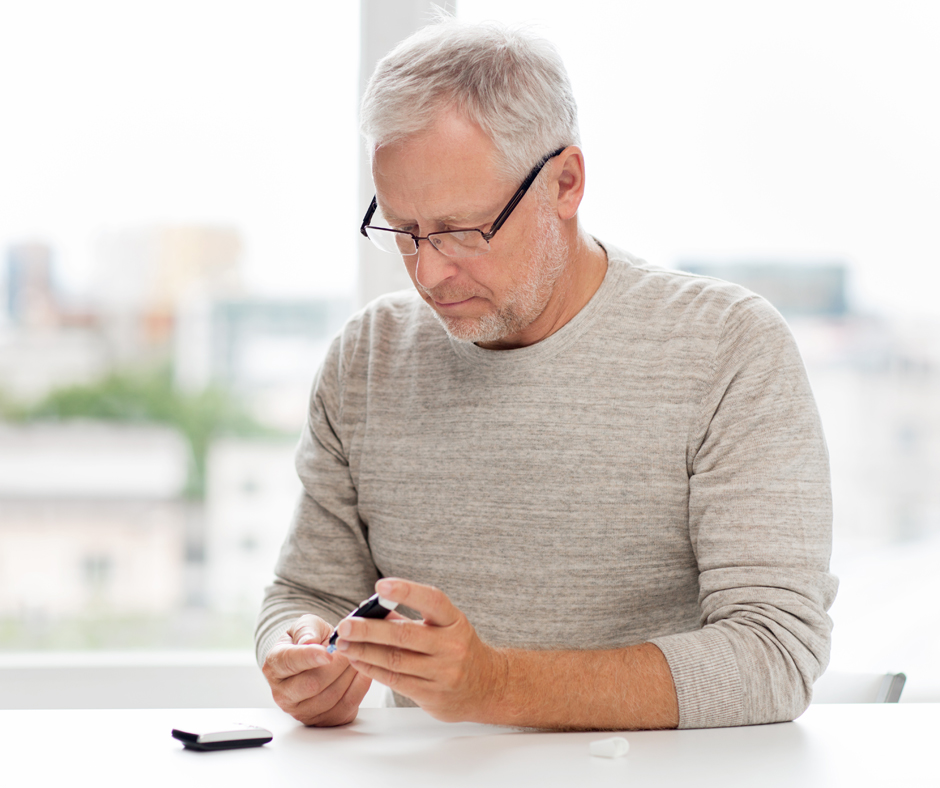When it comes to diabetes, an early diagnosis is key to minimizing the damage this chronic condition can wreak on the body. Unfortunately, diabetes doesn’t present the same way in every patient. Some people develop signs that practically scream diabetes – things like increased thirst, frequent urination, and slow-healing sores – while others experience subtle signs that are far less common.
If you’re one of those patients, knowing those unusual signs and symptoms of diabetes can take some of the difficulty out of reaching the right diagnosis.
Darkening skin
Patients with type 2 diabetes may develop darker patches of skin, especially around the neck, armpits, and groin area. The patches may be small or widespread and may feel thick or velvety in texture. This is a condition called acanthosis nigricans, and it’s caused by high levels of insulin in the blood.
Sudden weight loss
When your body doesn’t produce or process insulin correctly, your cells don’t get enough glucose needed for energy. As a result, the body begins to burn fat and muscle mass to produce the energy you need. This can cause a sudden drop in overall body weight despite a lack of dieting or exercise.
Fruity breath
As the body breaks down fat it produces an acid called ketones. If diabetes causes your body to break down enough fat to produce large amounts of ketones, it can result in breath that smells like fruit or nail polish. This is a serious complication called diabetic ketoacidosis and it requires immediate medical attention.
Recurring infections
‘Diabetes weakens the immune system, putting patients at higher risk of catching – and keeping – certain infections. The most common recurring infections include yeast infections, UTIs, skin infections, and vaginal infections.
Limb Discomfort
High blood sugar levels cause damage to the nerves, a condition known as diabetic neuropathy. The condition most commonly affects the hands and feet, causing painful cramps or a burning sensation. High glucose levels can also damage blood vessels, which dries the skin and leads to intense itching or peeling.
Sexual Dysfunction
Men with Type 2 Diabetes may experience erectile dysfunction, or difficulty achieving or maintaining an erection. This occurs when chronic high blood sugar damages the nerves and blood vessels that lead to the penis.
Dry Mouth
High blood sugar decreases saliva flow, causing chronic dry mouth. Ironically, many diabetes medications also cause dry mouth, which can lead to tooth decay and gum disease.

